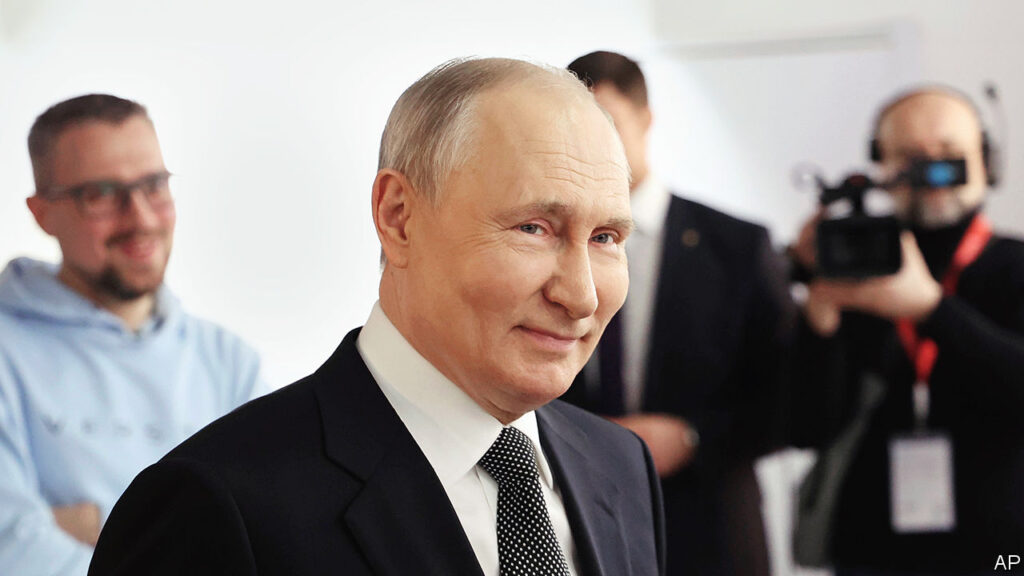In the wake of Vladimir Putin’s controversial invasion of Ukraine, many experts predicted a dire economic fallout for Russia. However, over the past two years, the Russian economy has defied expectations and managed to weather the storm. Despite falling into a recession, the downturn was less severe than anticipated and was short-lived. Inflation emerged as a major concern in the aftermath of the invasion, with prices skyrocketing at an alarming rate. Even Putin himself expressed concern about the rising costs, urging officials to take action.
Fortunately, the Russian economy once again appears to be confounding the skeptics. Recent data indicates that inflation has started to ease, with prices rising by a smaller margin than expected in February. The annual inflation rate is now stabilizing around 7.5%, with forecasts predicting a further decrease to just 4% in the near future. Household expectations regarding future inflation have also leveled off, providing some relief for consumers.
As Russia gears up for its presidential election, set to commence on March 15th, the outcome is already predetermined. Despite any economic challenges, these latest inflation figures are unlikely to have a significant impact on Putin’s reelection prospects. The incumbent president has long been a dominant figure in Russian politics, with a firm grip on power and a loyal support base.
The resilience of the Russian economy in the face of external pressures is a testament to its underlying strength and adaptability. While the initial shock of the Ukraine invasion did cause some disruptions, the economy has shown remarkable resilience in bouncing back from adversity. This ability to weather storms and overcome challenges bodes well for Russia’s future economic stability and growth prospects.
Looking ahead, it will be crucial for Russia to continue implementing sound economic policies and reforms to sustain its recovery and foster long-term growth. Addressing structural issues, such as corruption and inefficiency, will be key to unlocking the country’s full economic potential and attracting much-needed foreign investment. By fostering a more transparent and business-friendly environment, Russia can position itself as an attractive destination for global investors and businesses.
In conclusion, while the Russian economy faced significant challenges in the aftermath of the Ukraine invasion, it has proven to be surprisingly resilient and adaptable. The recent easing of inflation and stabilizing economic indicators reflect a positive trajectory for Russia’s economy. By leveraging its strengths and implementing necessary reforms, Russia can continue on a path of sustainable growth and prosperity.












